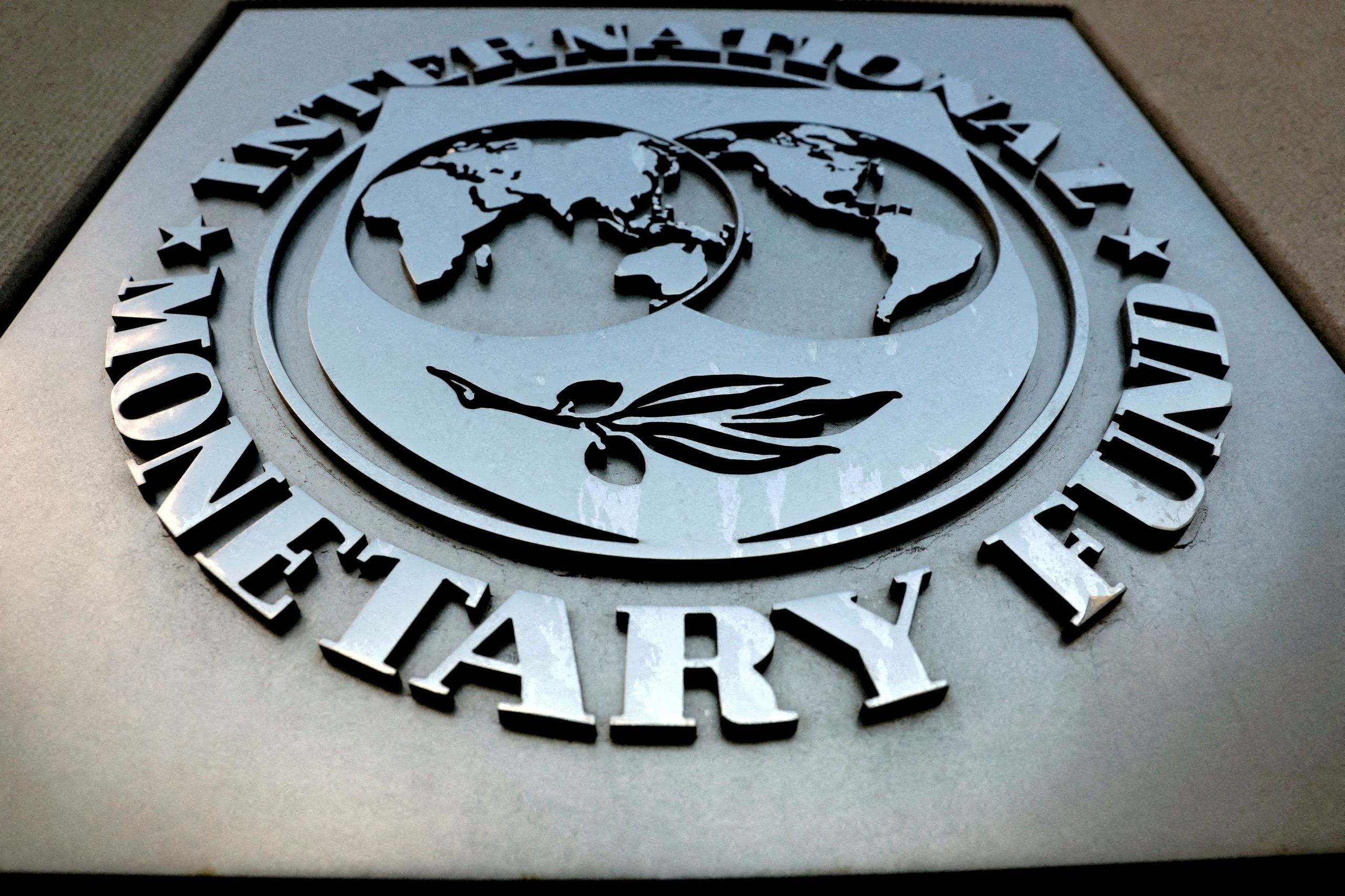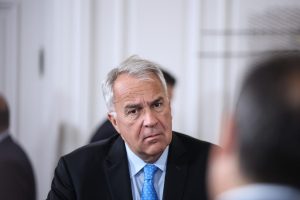A study by International Monetary Fund (IMF) focusing on Greece finds that the poorest households in the country have experienced greater inflation than more middle class and wealthier social groups.
Among others, the study notes that the poorest 20% of the population in Greece spend more than 20% of their income on housing, water, electricity, natural gas and other fuels, a rate that double of the richest 20% of the population.
Additionally, the study – 2022-2023 analysis – reports that the COVID-19 pandemic “triggered some behavior changes as households substituted services involving close human interactions (travel, hotel, restaurants) for goods in 2020, but 2021 saw signs of households reverting to their old consumption patterns with rising share of services at the cost of lower consumption in foods and utilities. This trend could be checked in 2022 when food and energy prices jumped up”.
According to the authors of the analysis, Shiqing Hua and Wei Shi, the Greek government “has provided substantial support to households to cope with the high cost of living in 2022–2023. This paper leverages on the rich micro-level data on household consumption in the Household Budget Survey to study the distributional impact of price increases. Policy simulations suggest that targeted support measures tailored to the recipients’ needs remain the most effective way to mitigate the vulnerable households’ income loss.”



